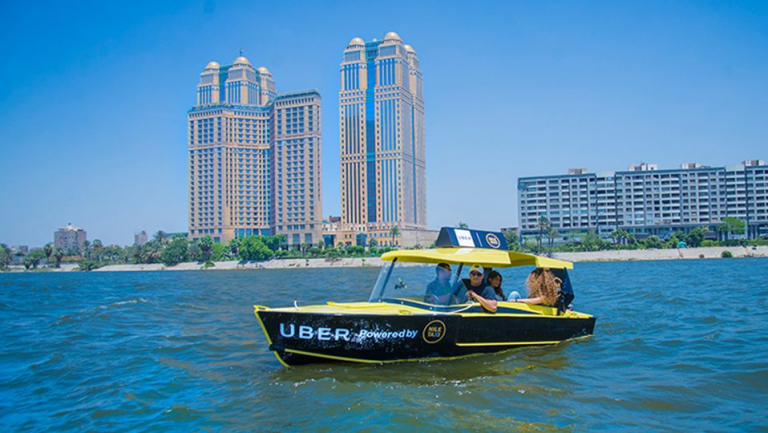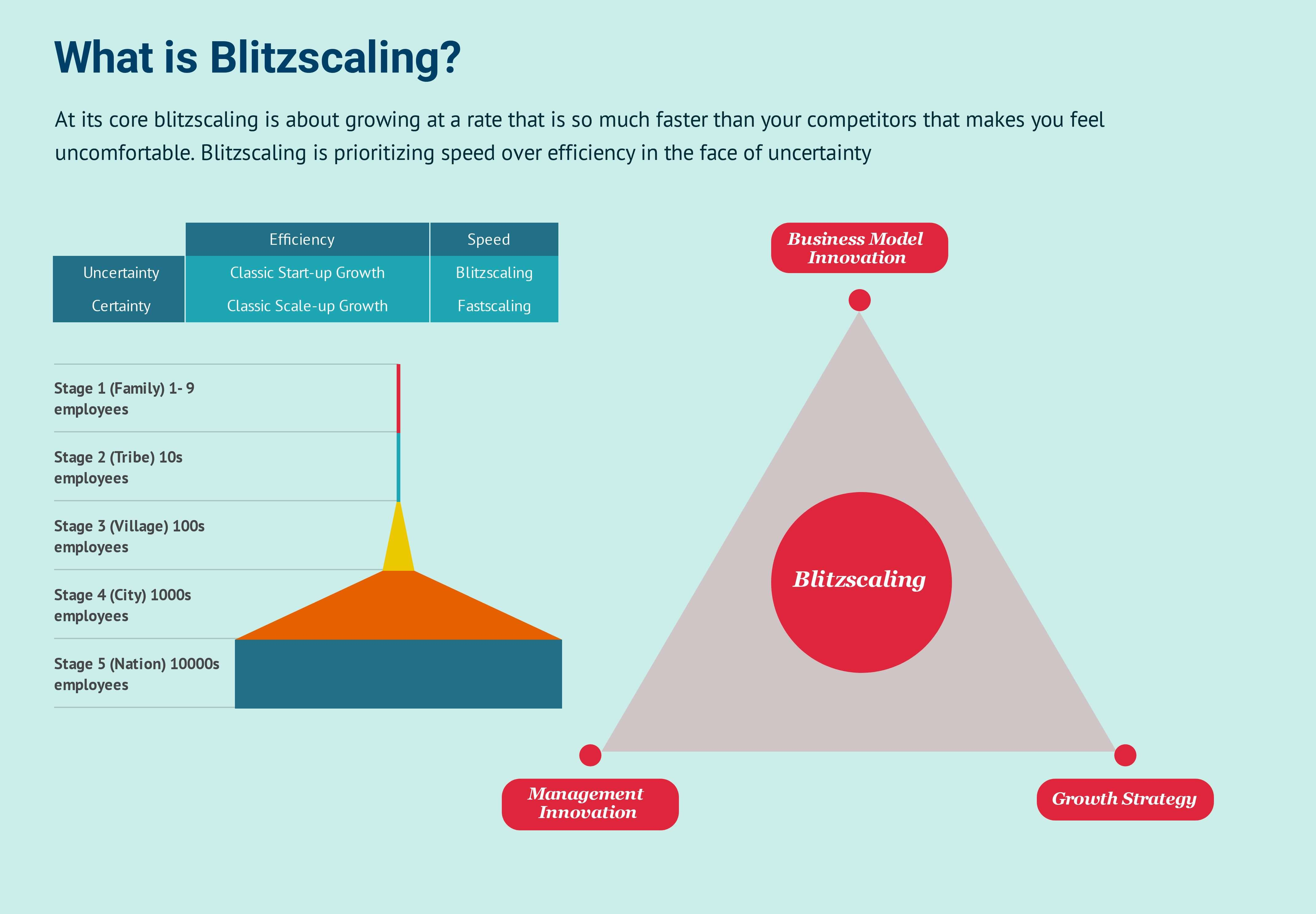
One of the most challenging elements in blitzscaling (rapidly growing a startup, unconstrained and unbounded by geography by nearly all means possible) is that early investors typically smile to banks while workers are usually losers. Yes, Uber is firing another 3,000 workers. For blitzscaling to work, everything must be in perfect equilibrium. If the economy tanks, workers are used to re-calibrate. That is unfortunate.
Uber is closing 45 offices and cutting another 3,000 jobs in a second round of layoffs, just weeks after slashing 3,700 positions. The new cuts mean the ride-hail giant will have eliminated about a quarter of its staff in less than a month, as the pandemic slams its core business, The Wall Street Journal reports. Uber’s bookings have plunged 80% from a year ago. The company said it will shrink investments in noncore projects and plans to reassess cash-burning operations, including autonomous driving and freight. Uber’s acquisition target in its thriving food-delivery business, GrubHub, signaled the ride-hail giant’s offer is still too low, The Wall Street Journal said, citing anonymous sources.
While we hail the very few successful debt-ridden blitzscaled species, the fact remains that most times, when the shape of the marginal cost begins to look like an average fixed cost curve, families bear the burdens. Simply, you are losing more money than you are making as you further scale. Any tripping from the economy, everything falls apart because the leverage is so much and out of order. At the end, within weeks, all the gains of years are wiped out because the model was recklessly overly optimistic.

As Uber struggles, the destination is clear: Uber will merge with Lyft very soon.
Register for Tekedia Mini-MBA edition 18 (Sep 15 – Dec 6, 2025) today for early bird discounts. Do annual for access to Blucera.com.
Tekedia AI in Business Masterclass opens registrations.
Join Tekedia Capital Syndicate and co-invest in great global startups.
Register for Tekedia AI Lab: From Technical Design to Deployment.
In this piece, I explain why Uber and Lyft will merge. The trajectories both are following show that they will have challenges with Lyft gaining on Uber, but the overall industry cooling. As soon as that happens, their margins, if they have any, will collapse. Once that happens, they will begin to talk of merger, with each other. Government will see their struggles, and will dismiss any anti-trust concern gone. The result: it will bless their union. Uber is today’s Category-King, but its past behaviors have slowed it down, offering a window for Lyft to catch-up. As they become peer-competitors and rivalries, they will destroy the sector. Similar rivalries have ended together: Elance/Odesk (now UpWork), Groupon / LivingSocial, Sirius / XM and Rover / DogVacay. Please add DraftKings and FanDuel in the list; I predict they will merge also despite any FCC ruling, at the moment. They will struggle, owing to wounds they inflict on each other, in coming years, and will be saved via merger.
Uber continues to serve the world but it needs to look at its growth philosophy, pandemic or not! The same applies to WeWork which has been tripped by a pandemic also.
WeWork can’t seem to catch a break. The office space giant is stuck fighting a losing battle over rent and is asking its landlords for a break on rent bills, yet can’t afford to let its own members skip out on theirs, says The New York Times. The contradictory measures aren’t sitting well with tenants, thwarting the company’s reputation while the pandemic undermines its business model. WeWork paid rent for 80% of its locations in April and May and plans to “make whole on our entire obligation,” said the company’s chief.
---
Connect via my
LinkedIn |
Facebook |
X |
TikTok |
Instagram |
YouTube


Uber is an app that connects cabs and riders, Uber doesn’t own the cars, meaning for any journey to be completed, revenue must come in.
How come is it losing money and hiring thousands of people in the first place? This is the part they haven’t explained to ordinary people, we need to put everything in proper perspective.
Uber left simple app business which it can efficiently run with fine algorithms and handful of smart developers and engineers, and chose to become a money-losing behemoth. Uber became a research institute, acquired assets, opened offices all over the place, with nice corporate office; to do what exactly: connect passengers to drivers?
Until we explain to a layman what is sucking the money within Uber, everything remains a scam.
What is clear is that many big start-ups we hail have models and scaling mindset that are eternally flawed, but because they operate in environments with plenty father Christmas and money to waste, they keep reinforcing and validating failures, and somewhat call it innovation and growth. Yet none of them can perform in regions without free money to waste.
Well, for aspiring founders, do not run your start-up like Uber, WeWork and co; these entities weren’t built to be profitable.
The sermon from Francis. Always amazing.